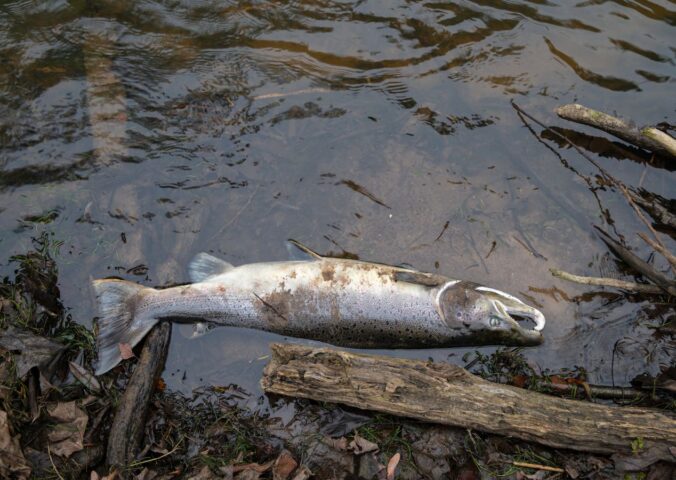A collective of almost 200 organizations and businesses urged local leaders from across the world to shift their communities to climate-friendly plant-based diets amid the latest C40 summit.
Included in the coalition of concerned parties was the Plant Based Treaty, Humane Society International, and Better Food Foundation. Each contributed to a letter, which stated that they were concerned by a “collective lack of progress” on climate initiatives. It asked world mayors to identify extreme weather events in their cities and to make the connection to the climate emergency. From here, they were asked to address the need to reduce meat and dairy intake.
The letter was sent ahead of the C40 World Mayors Summit, which took place in Buenos Aires last month. It brought together almost 100 mayors from influential cities around the world, including London, Hong Kong, and Copenhagen. They met either in person or virtually. Key figures from the business, scientific, and philanthropy sectors also attended to agree on actionable climate initiatives.
In a bid to accelerate environmental progress, each mayor was asked by the collective to consider signing their city up to the Plant Based Treaty and the Good Food Cities Declaration. Alongside, continued alignment with the 19 “best practices” that define the C40 group, including taxing high-emission foods and making plant-based foods the default option on menus, is expected. These were all reiterated in the open letter.
More to be done
The open letter celebrated the climate progress already made by C40 cities. However, it went on to highlight what it considers to be a missed opportunity: food-related greenhouse gas emissions. Specifically, those from meat and dairy production.
The C40 has already identified that a mainstream switch to a plant-based diet is the most impactful change that cities can make.
In a report, the C40 said that lowering meat consumption from 58kg to 16kg per capita by 2030 is critical for climate improvement. Moreover, it stated that each C40 city must be active in making plant-based foods more accessible to realize the goal. In short, they need to be the new norm, instead of meat.
New York has already began to do this. Earlier this month, it was revealed that plant-based food will become the default in all of its hospitals. But Laura Lee Cascada, campaigns director at Better Food Foundation, says more needs to be done by other cities.
“Last month, New York City boldly revealed how it’s flipping the script on harmful food norms: serving plant-based foods by default across an entire public institution, its hospitals,” Cascada said in a statement.
“As global climate leaders, all C40 cities have a responsibility to model a sustainable food system by following New York, Berkeley, Amsterdam, and other trailblazers with their own plant-based commitments.”
Berkeley City Council made history in July when it pledged to remove all animal products from its menus by 2024. Amsterdam is also taking proactive steps. The city is encouraging its citizens to eat a plant-based diet at least 50 percent of the time by 2030.
Prioritizing plant-based solutions
The C40-addressing coalition is not alone in recommending global plant-based diet adoption. The Intergovernmental Panel on Climate Change (IPCC) report also highlights a shift away from meat and dairy as a key weapon in the fight against the worsening climate emergency.
Collectively, animal agriculture creates around 14.5 percent of global greenhouse gas emissions and is a major cause of Amazonian deforestation.
Of particular concern is the amount of methane generated by meat and dairy production. This lead to the creation of the Global Methane Pledge, which more than 100 countries have now signed up to.
Despite being a short-lived emission, methane is more than 84-86 times more warming than CO2 in its first 20 years in the atmosphere. This makes the Paris Agreement target of limiting global warming to 1.5°C untenable, if food systems remain as they are.
“The IPCC consistently shows the vegan diet to be the optimal diet to fight the climate and methane emergencies,” Allie Molinaro, campaigns manager at Compassion in World Farming explained in a statement.
“C40 cities are considered leaders on local climate action and can accelerate much needed progress by implementing best practices such as serving plant-based food at council events and using every policy tool at their disposal including public information campaigns, procurement, subsidies, investment, divestment, taxation, community gardens, and fruit and vegetable prescription programs.”






